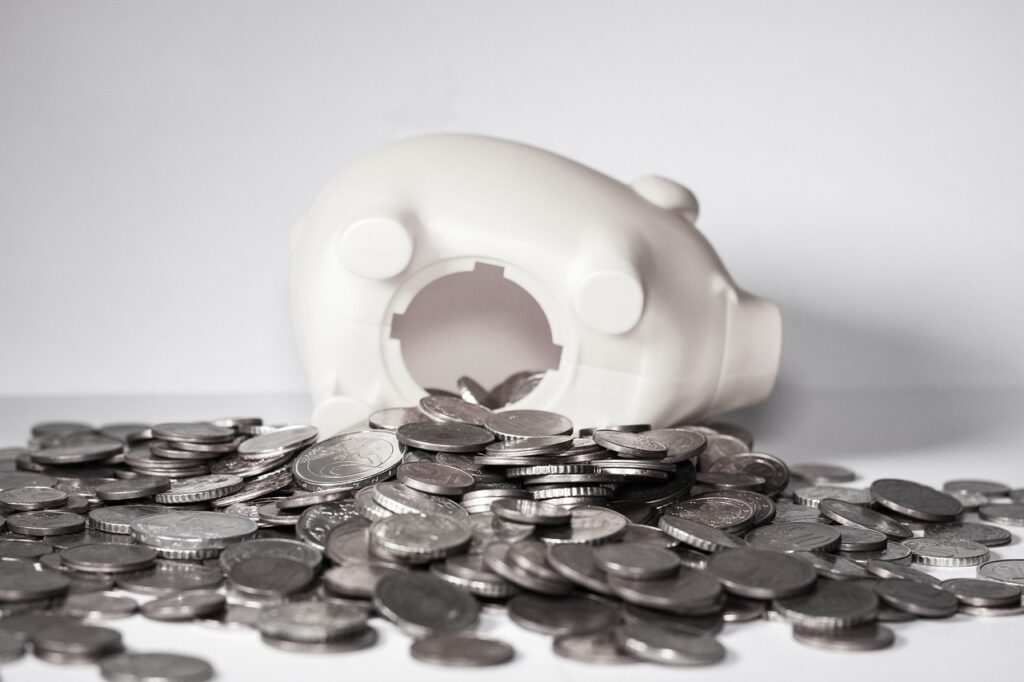
Hey there, financial explorer! Heard whispers of bankruptcy swirling around but not sure what it’s all about? Well, you’ve come to the right place because we’re about to break it all down for you. Bankruptcy – it’s like hitting the reset button on your finances, but before you take the plunge, there are a few things you need to know. So buckle up, and let’s dive into the world of bankruptcy!
What is Bankruptcy, Anyway?
First things first, let’s talk about what bankruptcy actually is. It’s like a financial do-over – a legal process that allows individuals and businesses to eliminate or repay their debts under the protection of the bankruptcy court. Think of it as a fresh start – a chance to wipe the slate clean and get back on your feet financially.
Types of Bankruptcy
Now, let’s talk about the different types of bankruptcy. There are two main types that individuals typically file for – Chapter 7 and Chapter 13. Chapter 7 bankruptcy, also known as liquidation bankruptcy, involves selling off your assets to pay off your debts. Chapter 13 bankruptcy, on the other hand, requires creating a repayment plan to pay back your debts over time. Each type has its pros and cons, so it’s important to understand your options before making a decision.
The Impact on Your Credit
One of the biggest concerns people have about bankruptcy is the impact it will have on their credit. And let’s be real – it’s not great. Bankruptcy can stay on your credit report for up to 10 years and can make it difficult to qualify for credit cards, loans, and other forms of credit in the future. That being said, it’s not the end of the world – you can still rebuild your credit over time by practicing good financial habits and being responsible with your finances.
Other Considerations
Before you file for bankruptcy, there are a few other things you should consider. For starters, bankruptcy can be expensive – there are filing fees, attorney fees, and other costs to consider. Plus, it can be emotionally taxing – it’s not easy admitting that you’re in over your head financially. And let’s not forget about the stigma – bankruptcy can carry a certain stigma that can be hard to shake. It’s important that you understand and consider the pros and cons to make sure it’s the right decision for you.
Alternatives to Bankruptcy
Finally, it’s worth considering alternatives to bankruptcy before taking the plunge. Options like debt consolidation, debt settlement, and credit counseling can help you get a handle on your finances without resorting to bankruptcy. These options can help you pay off your debts, improve your credit score, and avoid the long-term consequences of bankruptcy.
And there you have it – a crash course in bankruptcy! Before you file, make sure you understand the process, weigh the pros and cons, and explore alternatives. Bankruptcy can be a powerful tool for getting out of debt, but it’s not a decision to be taken lightly. With careful consideration and a clear understanding of your options, you can make the best decision for your financial future. Good luck, financial explorer!
Related Articles
- Avoiding Debt Traps: Red Flags to Watch Out for and How to Stay Financially Healthy
- Bankruptcy: What You Need to Know Before Considering It as an Option
- The Snowball Method: A Simple Strategy for Paying Off Debt Faster
- Budgeting Basics: How to Create a Financial Plan to Tackle Debt
- Credit Counseling: A Roadmap to Financial Recovery
- Understanding Debt Settlement: Pros, Cons, and Considerations
- Debt Consolidation Demystified: How to Combine Your Debts for Better Management
- Navigating Debt: Strategies for Managing Your Finances in Tough Times